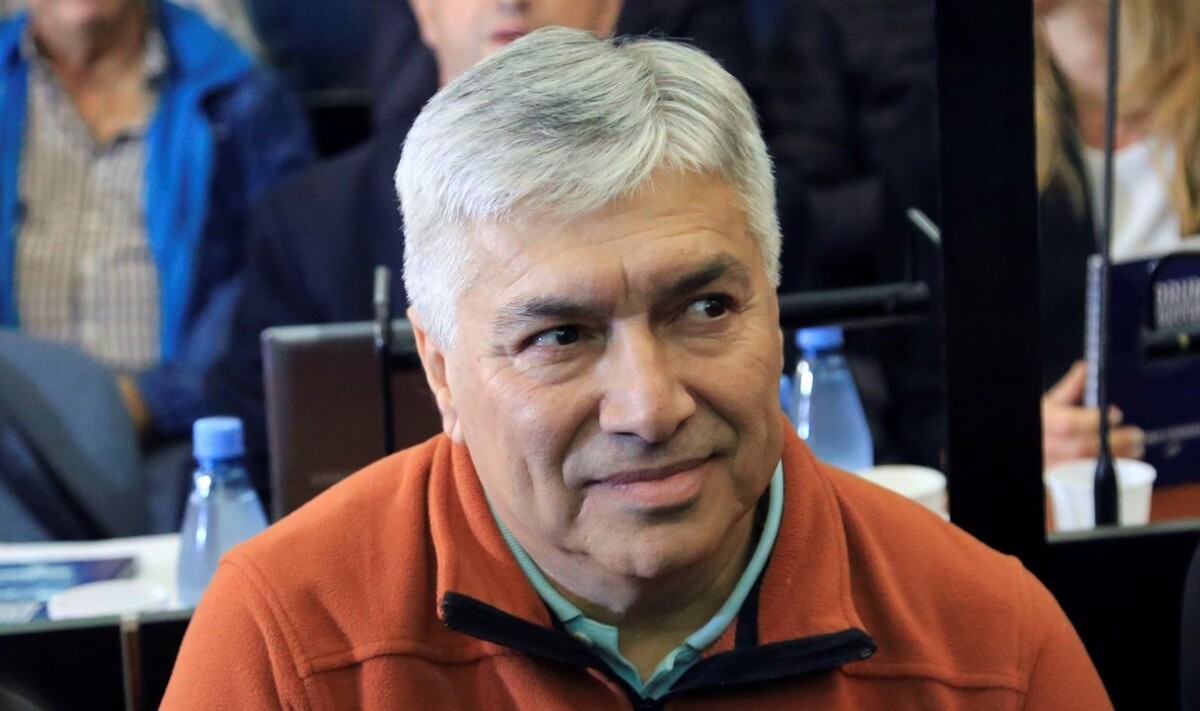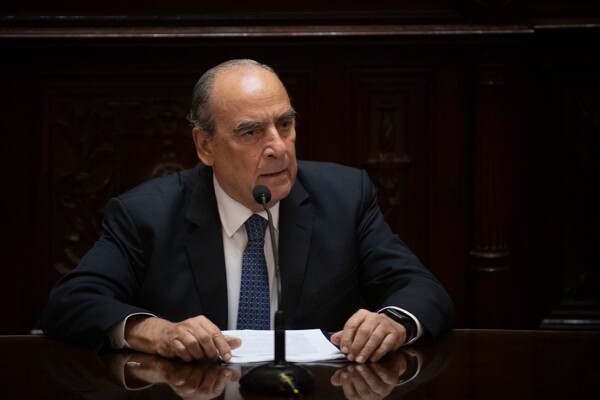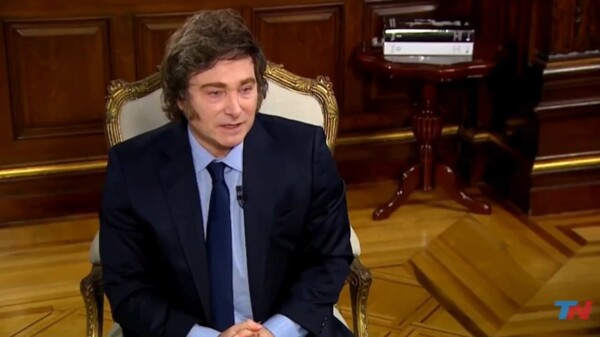
The Supreme Court rejected an extraordinary appeal presented by the defense of businessman Lázaro Báez in an attempt to obtain freedom in the case known as 'the route of K money.' The motion was made in a departure from the main file, where Báez was convicted of aggravated money laundering.
The defense argued that the judicial decision to maintain Báez's house arrest amounted to a definitive sentence and extended his preventive detention beyond legal deadlines. Federal Oral Court number 4 had ordered that Báez remain under house arrest under the Electronic Monitoring Assistance Program. The Federal Chamber of Criminal Cassation, Chamber IV, rejected the request, leading the defense to appeal to the Supreme Court.
The Supreme Court dismissed the appeal, considering that it did not meet the requirements established in the regulations of the highest court. Furthermore, it ordered Báez's defense to make a deposit according to the provisions of article 286 of the Civil and Commercial Procedural Code, under the warning of enforcement.
Lázaro Báez was arrested in April 2016 by order of federal judge Sebastián Casanello and was in Ezeiza prison until July 2020, when he was granted house arrest. In 2021, he received a twelve-year prison sentence for money laundering, which was later reduced to ten years by the Cassation Chamber. He was also convicted in 2022 for corruption in public works and in 2024 for the improper appropriation of employee contributions and for money laundering related to the purchase of land in Uruguay.














